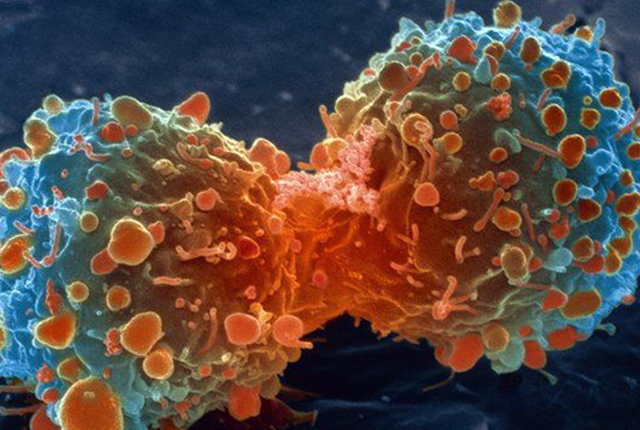
The ManicaPost

Dr Tendai Zuze
LIVER cancer is cancer that begins in the cells of your liver. The liver is an organ that sits in the upper right portion of your abdomen, beneath your diaphragm and above your stomach. Several types of cancer can form in the liver.
| The most common type of liver cancer is hepatocellular carcinoma, which begins in the main type of liver cell (hepatocyte). Other types of liver cancer are much less common. |
Not all cancers that affect the liver are considered liver cancer. Cancer that begins in another area of the body — such as the colon, lung or breast — and then spreads to the liver is called metastatic cancer rather than liver cancer. And this type of cancer is named after the organ in which it began — such as metastatic colon cancer to describe cancer that begins in the colon and spreads to the liver. Cancer that spreads to the liver is more common than cancer that begins in the liver cells.
Most people don’t have signs and symptoms in the early stages of primary liver cancer. When signs and symptoms do appear, they may include:
Losing weight without trying
Loss of appetite
Upper abdominal pain
Nausea and vomiting
General weakness and fatigue
Abdominal swelling
Yellow discoloration of your skin and the whites of your eyes (jaundice)
White, chalky stools
It’s not clear what causes most cases of liver cancer. But in some cases, the cause is known. For instance, chronic infection with certain hepatitis viruses can cause liver cancer.
Factors that increase the risk of primary liver cancer include:
Chronic infection with hepatitis. Chronic infection with the hepatitis B virus or hepatitis C virus increases your risk of liver cancer.
Cirrhosis
This progressive and irreversible condition causes scar tissue to form in your liver and increases your chances of developing liver cancer.
Certain inherited liver diseases. Liver diseases that can increase the risk of liver cancer include hemochromatosis and Wilson’s disease.
Diabetes. People with this blood sugar disorder have a greater risk of liver cancer than those who don’t have diabetes.
Non-alcoholic fatty liver disease. An accumulation of fat in the liver increases the risk of liver cancer.
Exposure to aflatoxins. Aflatoxins are poisons produced by moulds that grow on crops that are stored poorly. Crops such as maize and peanuts can become contaminated with aflatoxins, which can end up in foods made of these products. Aflatoxin contamination is more common in certain parts of Africa and Asia.
Excessive alcohol consumptionConsuming more than a moderate amount of alcohol daily over many years can lead to irreversible liver damage and increase your risk of liver cancer.
Avoiding these risk factors will minimise your chance of getting liver cancer. Tests and procedures used to diagnose liver cancer include:
Blood tests
Blood tests may reveal liver function abnormalities.
Imaging tests
Your doctor may recommend imaging tests, such as an ultrasound, computerized tomography (CT) scan and magnetic resonance imaging (MRI).
Removing a sample of liver tissue for testing. Your doctor may recommend removing a piece of liver tissue for laboratory testing in order to make a definitive diagnosis of liver cancer.
During a liver biopsy, your doctor inserts a thin needle through your skin and into your liver to obtain a tissue sample. In the lab, doctors examine the tissue under a microscope to look for cancer cells. Liver biopsy carries a risk of bleeding, bruising and infection.
Once liver cancer is diagnosed, your doctor will work to determine the extent (stage) of the cancer. Staging tests help determine the size and location of cancer and whether it has spread. Your doctor uses your cancer’s stage to determine your treatment options and your prognosis.
Treatments for primary liver cancer depend on the extent (stage) of the disease as well as your age, overall health and personal preferences. Early liver cancer can be treated with surgery and later on chemotherapy and radiation therapy may be useful.
Palliative care is specialized medical care that focuses on providing relief from pain and other symptoms of a serious illness. Palliative care can be used while undergoing other aggressive treatments, such as surgery, chemotherapy or radiation therapy. When palliative care is used along with all of the other appropriate treatments, people with cancer may feel better and live longer. If you are worried about liver cancer please visit your doctor.



